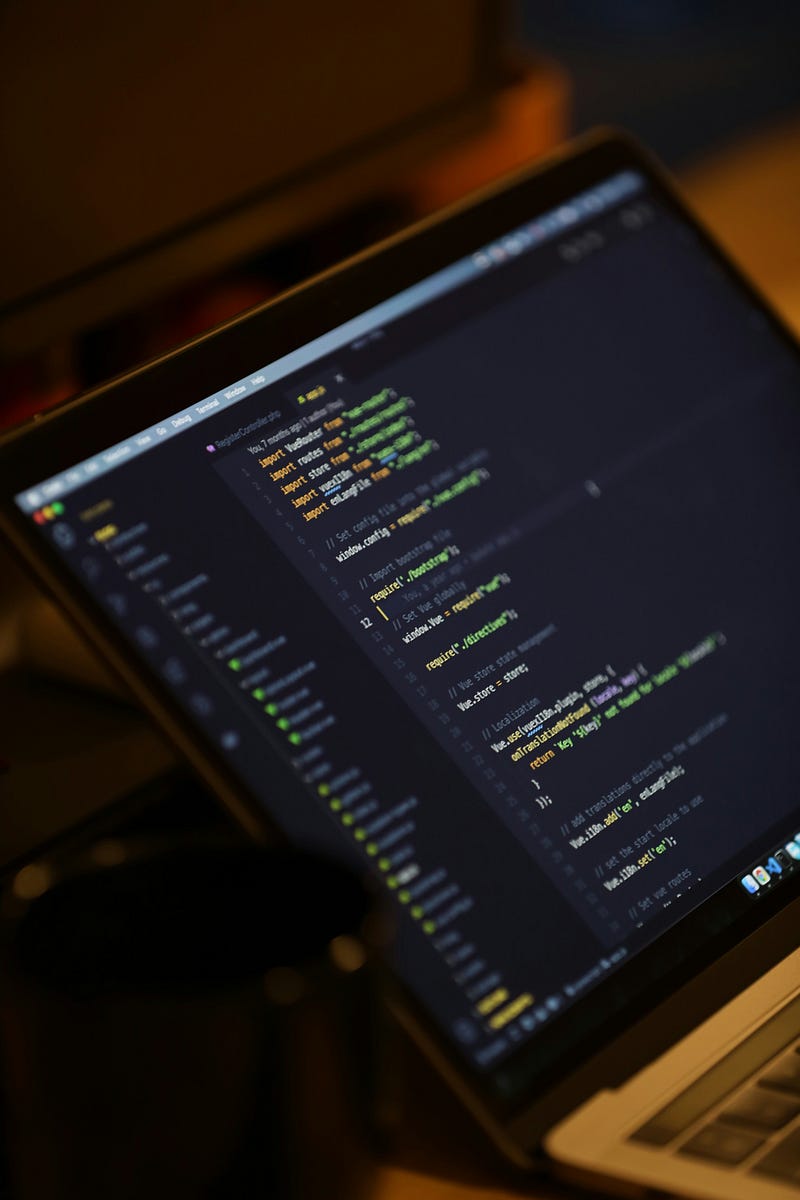7 Things I Wish I Knew Before Becoming a Full-Stack Developer
I thought I was ready. These 7 lessons taught me otherwise — and made me better.

Being a full-stack developer sounded cool — until I realized how much I didn’t know.
7 Things I Wish I Knew Before Becoming a Full-Stack Developer
When I started my journey into full-stack development, I thought I had a clear picture in mind: build apps, write code, deploy things.
Easy, right? I mean, “full-stack” sounded like being a jack-of-all-trades, and that appealed to me.
But somewhere between chasing framework trends and debugging mysterious deployment issues at 2 AM, I realized there’s a lot more under the hood.
Looking back, here are 7 hard-earned lessons I wish someone had told me before I became a full-stack developer.
1. You Can’t Master Everything — And That’s Okay
Full-stack doesn’t mean knows every stack. It means you’re comfortable navigating both front-end and back-end territories.
When I started, I tried to learn everything: React, Angular, Vue, Node, Django, Docker, Kubernetes — it was endless.
But spreading yourself too thin makes you good at nothing.
Focus on depth over breadth. Choose a tech stack and get really good at it before exploring others. Stack fatigue is real.
2. Your Code Is Only 50% of the Job
Writing code is just one part of the puzzle. Understanding version control, managing deployments, writing tests, debugging environments, collaborating with teams — all of that is part of the day-to-day grind.
I once built a feature that worked flawlessly on my local machine but broke spectacularly in production.
Why? I didn’t understand how environments and dependencies work outside localhost.
Lesson: Learn DevOps basics, understand CI/CD pipelines, and embrace Git like your life depends on it.
3. Frontend Is Not Just About Making Things “Look Nice”
I used to think front-end was all about making things pretty. But the real deal? Accessibility, performance, responsiveness, UX, cross-browser quirks, and design systems.
Building a responsive layout that also works with screen readers is far more complex (and rewarding) than just tweaking CSS.
Respect the frontend. It’s not “easier” — it’s just a different beast.
4. Backend Isn’t Just APIs and Databases
When I started writing backend code, I thought I just had to expose some endpoints and call it a day. But then came caching, rate-limiting, authentication, data modeling, scalability, and — the villain of every backend dev — concurrency bugs.
Build for failure. Learn how to handle edge cases, unexpected loads, and bad actors. Your API should be as secure and resilient as it is functional.
5. Reading Code > Writing Code
You’ll spend more time reading code than writing it — both yours and others’. I used to dread reading legacy code or open-source libraries.
But once I embraced it, my problem-solving speed skyrocketed.
Reading someone else’s approach teaches you more than yet another tutorial.
Pro tip: Dig through well-written open-source projects. It’s like a masterclass in real-world architecture and patterns.
6. Google (and Stack Overflow) Are Your Best Friends
I used to feel guilty for Googling “how to center a div” for the hundredth time. Turns out, even senior devs do that. All. The. Time.
It’s not about memorizing everything — it’s about knowing what to look for and understanding how to apply it.
Being a great developer isn’t about knowing everything, it’s about problem-solving. The internet is your extended brain. Use it wisely.
7. Soft Skills Matter More Than You Think
When I imagined being a developer, I pictured headphones on, fingers flying across the keyboard in isolation.
Reality? Meetings, code reviews, design discussions, mentoring juniors, talking to non-tech folks.
Communication, empathy, time management, and curiosity have helped me grow more than any framework ever has.
Don’t just code — collaborate. Your soft skills will take you further than any fancy tech ever will.
Final Thoughts
Being a full-stack developer is challenging — but it’s also incredibly rewarding.
It forces you to think holistically, juggle different layers of complexity, and grow both technically and personally.
Would I do it again? Absolutely. But I’d be gentler with myself, avoid the imposter syndrome spiral, and focus more on the why than the what.
So if you’re on this journey — or thinking of jumping in — I hope these lessons give you the head start I wish I had.
If you found this helpful, follow me for more real-world dev stories, lessons, and tips. Let’s grow together.





